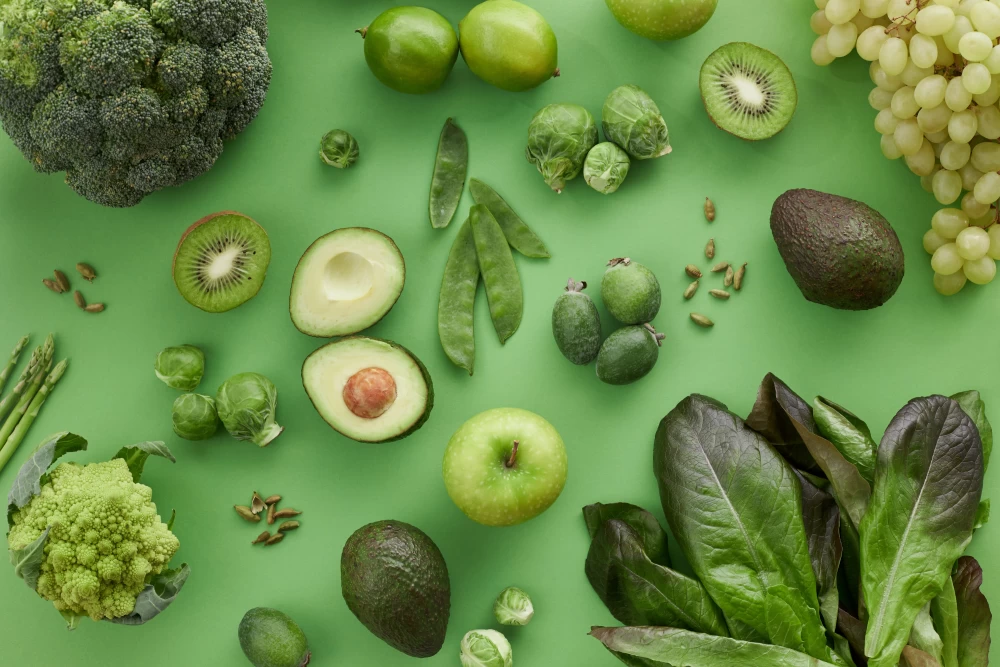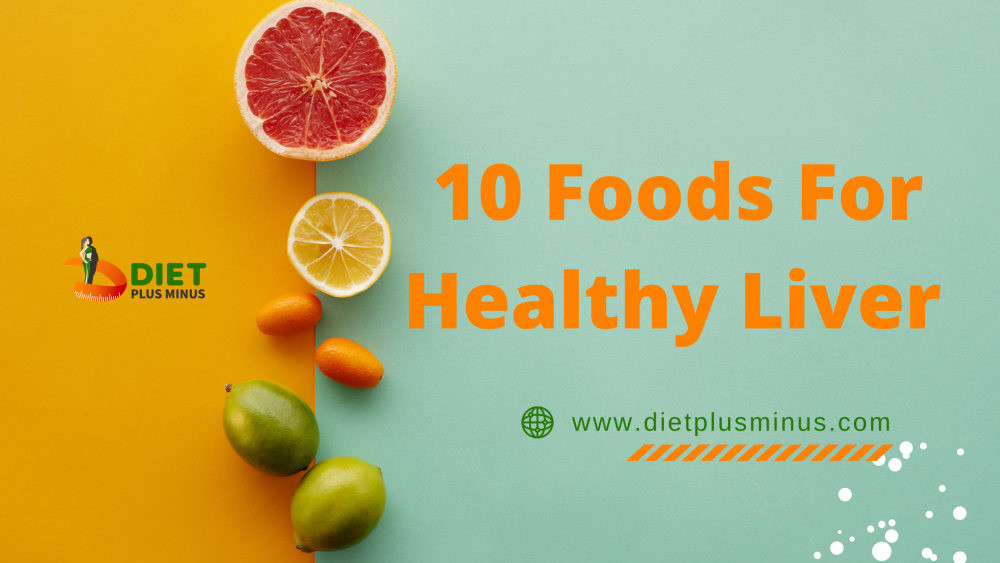
- 25th March 2023
Table of Contents
What is Fatty Liver?
Fatty liver is a condition where excess fat accumulates in the liver cells. There are two types of fatty liver disease, alcoholic and non-alcoholic. The latter is more common and can lead to inflammation, scarring, and even liver failure if left untreated. Poor diet, obesity, type 2 diabetes, and high cholesterol levels are all risk factors for developing non-alcoholic fatty liver disease. Eating a healthy diet that includes plenty of vegetables is essential for reducing the risk of fatty liver disease. Vegetables contain antioxidants that help protect the liver from damage caused by free radicals. Leafy greens like spinach and kale are particularly beneficial because they contain high levels of vitamin C, which helps to detoxify the liver. Cruciferous vegetables like broccoli and cauliflower also provide sulfur compounds that support overall liver health. Other vegetables to consider adding to your diet include beets, carrots, sweet potatoes, bell peppers, and tomatoes. These colorful veggies contain nutrients such as betaine, beta-carotene, lycopene, and vitamin E that promote healthy digestion and improve overall immune system function. By including these foods in your meals regularly you can help reduce the risk of developing fatty liver disease while also improving your overall health.
Benefits of Eating Vegetables
When it comes to maintaining a healthy liver, incorporating vegetables into your diet can do wonders. Vegetables are packed with essential vitamins and minerals that help keep your liver functioning properly, prevent inflammation and reduce the risk of developing fatty liver disease. Some of the best vegetables for this purpose include leafy greens such as spinach, kale and collard greens, as well as cruciferous vegetables like broccoli, cauliflower and Brussels sprouts. Leafy greens contain high amounts of antioxidants that help protect the liver from damage caused by free radicals. They also aid in detoxification by promoting bile production and improving digestion. Cruciferous vegetables are rich in sulfur compounds that activate enzymes involved in detoxifying harmful substances in the body. Additionally, they contain high levels of fiber which helps regulate blood sugar levels and reduce cholesterol. Incorporating these vegetables into your daily meals can improve liver function while also providing a plethora of other health benefits such as boosting immunity, reducing inflammation and aiding weight loss efforts. So next time you're planning out your meals, make sure to add some leafy greens or cruciferous veggies for a healthier you!
Which Vegetables are Best?
When it comes to a healthy diet, vegetables are an essential component. In particular, some vegetables stand out for their ability to support liver health and combat fatty liver disease. Leafy greens such as spinach, kale, and collard greens are high in antioxidants and can help reduce inflammation in the liver. Cruciferous vegetables like broccoli, cauliflower, and Brussels sprouts contain compounds that enhance liver function and promote detoxification. In addition to these popular options, there are some less common vegetables that also offer significant benefits for the liver. Beets contain betaine which is known for its ability to reduce fat accumulation in the liver. Artichokes have been shown to improve bile flow which helps with digestion and toxin elimination. And finally, bitter gourd is a vegetable that has long been used in traditional medicine for its positive effects on insulin resistance and blood sugar levels. By incorporating a variety of these vegetables into your diet, you can support your liver health and reduce your risk of developing fatty liver disease. Consider adding them as side dishes or incorporating them into recipes for added flavor and nutrition benefit.

Tips for Incorporating Vegetables
Vegetables are essential for maintaining a healthy diet, especially when it comes to preventing and managing fatty liver disease. Leafy greens such as lettuce, kale, and spinach are rich in vitamins and minerals that help support the liver's detoxification process. Broccoli, cauliflower, and Brussels sprouts contain compounds that boost the production of liver enzymes responsible for breaking down toxins. Root vegetables like carrots, sweet potatoes, and beets provide ample amounts of fiber that promote digestion and weight management. These also contain antioxidants that protect the liver from damage caused by free radicals. Garlic has been shown to activate liver enzymes that flush out toxins while onions improve glucose metabolism in people with non-alcoholic fatty liver disease (NAFLD). By incorporating these vegetables into your meals regularly, you can improve your overall health while reducing the risk of developing or worsening fatty liver disease. Remember to choose a variety of colorful options to get a range of nutrients necessary for optimal health!
Avoiding High-Fat Veggies
When it comes to maintaining a healthy liver, consuming vegetables that are low in fat content is crucial. High-fat veggies may taste good, but they can contribute to fatty liver disease and other health complications. Some common high-fat vegetables include avocado, corn, peas, and potatoes. In contrast, cruciferous vegetables such as broccoli and cauliflower are excellent options for a low-fat diet. These veggies contain compounds that protect the liver from damage caused by toxins and pollutants. Additionally, leafy greens like spinach and kale provide essential nutrients without the excessive fat content found in other vegetables. If you're looking for something more substantial than leafy greens or cruciferous veggies, consider trying mushrooms or tomatoes. Both of these options have low levels of fat while providing plenty of vitamins and minerals necessary for a healthy lifestyle. By focusing on low-fat vegetable choices like these mentioned above instead of high-fat ones, you can maintain your liver's health while also enjoying delicious meals at the same time!
Supplements to Support Liver Health
The liver is one of the most important organs in the body, responsible for filtering toxins and waste products from our blood. When it becomes overburdened with toxins, it can become fatty and inflamed, leading to a host of health problems. Luckily, there are a number of supplements that can support liver health. One such supplement is milk thistle extract. This herbal remedy has been used for centuries to support liver function and protect against damage caused by toxins. Another popular supplement is N-acetylcysteine (NAC), which helps to increase levels of glutathione - an antioxidant that plays a critical role in detoxification. In addition to supplements, adding certain vegetables to your diet can also support liver health. Cruciferous vegetables like broccoli and cauliflower contain compounds that stimulate enzymes involved in detoxification processes. Leafy greens like kale and spinach are also rich in antioxidants that help protect the liver from damage caused by free radicals. By incorporating these supplements and vegetables into your diet, you can help keep your liver healthy and functioning at its best.
Conclusion: Healthy Diet Essential
In conclusion, maintaining a healthy diet is essential for overall health and well-being. Consuming vegetables, in particular, can greatly benefit the body in numerous ways. In the case of fatty liver disease, incorporating specific vegetables into one's diet can aid in reducing inflammation and improving liver function. Cruciferous vegetables such as broccoli and cauliflower contain compounds that have been shown to reduce the risk of certain cancers while also providing essential vitamins and minerals. Leafy greens like spinach and kale are rich in antioxidants that combat oxidative stress within the body. These vegetables are also high in fiber which aids in digestion and helps regulate blood sugar levels. Overall, a balanced diet consisting of whole foods including plenty of vegetables is crucial for good health. Whether preventing disease or treating an existing condition such as fatty liver disease, consuming nutrient-dense foods should be a top priority for everyone looking to improve their overall well-being.














